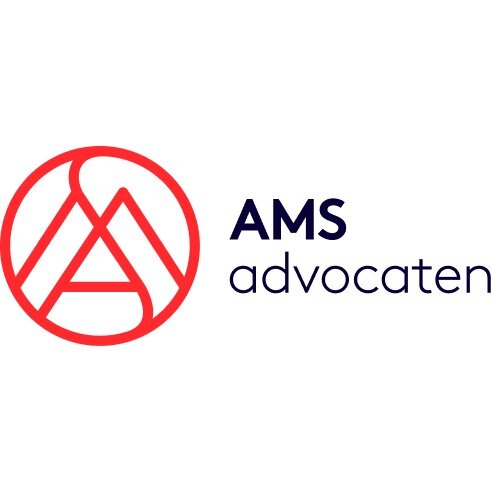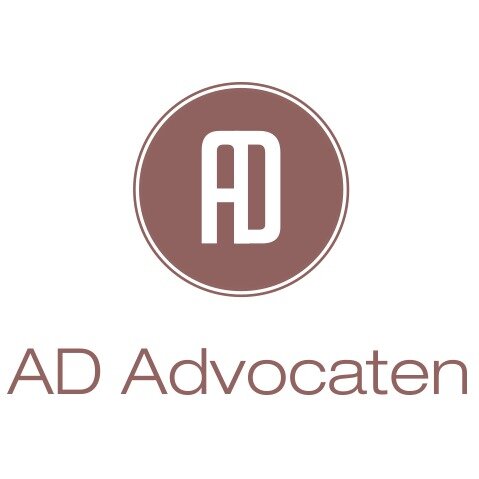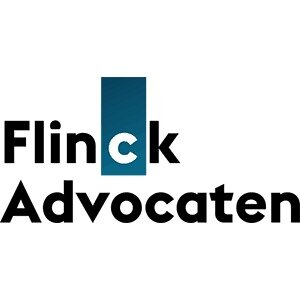Best Financial Services Regulation Lawyers in Amsterdam
Share your needs with us, get contacted by law firms.
Free. Takes 2 min.
List of the best lawyers in Amsterdam, Netherlands
About Financial Services Regulation Law in Amsterdam, Netherlands
Financial Services Regulation in Amsterdam is a critical area of law that governs the conduct of financial institutions such as banks, insurance companies, and investment firms. The regulatory framework ensures the stability, transparency, and integrity of the financial system. In the Netherlands, these regulations are primarily imposed by agencies such as the Netherlands Authority for the Financial Markets (AFM) and the Dutch Central Bank (DNB). These institutions are responsible for overseeing compliance with financial regulations, protecting consumers, and ensuring fair competition among financial service providers.
Why You May Need a Lawyer
Seeking legal advice in Financial Services Regulation can be crucial in several situations. Common scenarios include:
- Establishing a new financial institution or obtaining necessary operating licenses.
- Ensuring compliance with complex regulatory requirements and responding to regulatory changes.
- Defending against enforcement actions or sanctions imposed by regulatory agencies.
- Navigating mergers, acquisitions, or restructurings in the financial sector.
- Resolving disputes involving financial products, services, or contractual obligations.
- Mitigating risks associated with financial crimes, such as fraud, money laundering, or insider trading.
Local Laws Overview
Amsterdam, as part of the Netherlands, adheres to comprehensive financial services regulations that align with both national and European Union standards. Key aspects of these laws include:
- The Financial Supervision Act (Wft), which consolidates a wide range of financial regulations.
- European regulations, including directives and regulations such as MiFID II, Solvency II, and PSD2, that apply to financial firms operating in the Netherlands.
- Stringent anti-money laundering (AML) and counter-terrorism financing (CTF) laws.
- Data protection requirements under the General Data Protection Regulation (GDPR).
- Consumer protection rules that safeguard clients and investors from unfair practices.
- Regular reporting and disclosure obligations for financial institutions.
Frequently Asked Questions
What is the role of the Netherlands Authority for the Financial Markets (AFM)?
The AFM supervises the conduct of financial markets and institutions to ensure market transparency, integrity, and fair treatment of consumers.
Do I need a license to operate a financial service business in Amsterdam?
Yes, most financial services require a license from the Dutch Central Bank or the AFM. Legal assistance is beneficial in navigating the application process.
How do European Union regulations affect financial services in Amsterdam?
As part of the EU, Dutch financial regulations incorporate various EU directives and standards, necessitating compliance from local financial institutions.
What are the penalties for non-compliance with financial regulations?
The penalties can include significant fines, revocation of licenses, and legal action against the institution and its executives, depending on the severity of the breach.
How can a lawyer assist with AML and CTF compliance?
A lawyer can help develop compliance programs, provide training, and audit procedures to mitigate risks associated with money laundering and terrorism financing.
What is a cross-border financial service and its relevance to Amsterdam?
Cross-border financial services involve transactions that cross national borders. Amsterdam, a financial hub, frequently deals with such services, requiring heightened regulatory awareness.
What steps can I take to protect my financial firm from fraud?
Implement robust internal controls, regular audits, employee training, and engage a lawyer to advise on advanced fraud detection and prevention strategies.
Are fintech companies subject to the same regulations as traditional banks?
Fintech companies are also subject to financial regulations, though specific rules may vary depending on their activities and services offered.
Can I challenge an enforcement action by a regulatory authority?
Yes, firms can legally contest enforcement actions by presenting their case before the relevant authorities or in court, often with legal counsel assistance.
What should I do if I am facing a regulatory investigation?
Seek immediate legal advice to understand the scope of the investigation, prepare your response, and ensure your rights are protected throughout the process.
Additional Resources
For further assistance, consider reaching out to the following resources:
- Netherlands Authority for the Financial Markets (AFM) - Overseeing market integrity and consumer protection.
- De Nederlandsche Bank (DNB) - Responsible for prudential supervision of financial institutions.
- Chamber of Commerce Netherlands - Provides guidance for new businesses including those in financial services.
- Dutch Banking Association - Offers resources and support for banking institutions.
- Legal Aid Netherlands - Assistance for legal advice and representation requirements.
Next Steps
If you need legal assistance in financial services regulation, consider the following steps:
- Identify the specific regulatory challenge or issue you are facing.
- Seek recommendations for reputable law firms or legal professionals specializing in financial services regulation.
- Arrange a consultation to discuss your needs, potential legal strategies, and costs involved.
- Develop a compliance or defense plan tailored to your situation with your lawyer's guidance.
- Engage continuously in risk management practices and ensure ongoing compliance monitoring.
Lawzana helps you find the best lawyers and law firms in Amsterdam through a curated and pre-screened list of qualified legal professionals. Our platform offers rankings and detailed profiles of attorneys and law firms, allowing you to compare based on practice areas, including Financial Services Regulation, experience, and client feedback.
Each profile includes a description of the firm's areas of practice, client reviews, team members and partners, year of establishment, spoken languages, office locations, contact information, social media presence, and any published articles or resources. Most firms on our platform speak English and are experienced in both local and international legal matters.
Get a quote from top-rated law firms in Amsterdam, Netherlands — quickly, securely, and without unnecessary hassle.
Disclaimer:
The information provided on this page is for general informational purposes only and does not constitute legal advice. While we strive to ensure the accuracy and relevance of the content, legal information may change over time, and interpretations of the law can vary. You should always consult with a qualified legal professional for advice specific to your situation.
We disclaim all liability for actions taken or not taken based on the content of this page. If you believe any information is incorrect or outdated, please contact us, and we will review and update it where appropriate.













